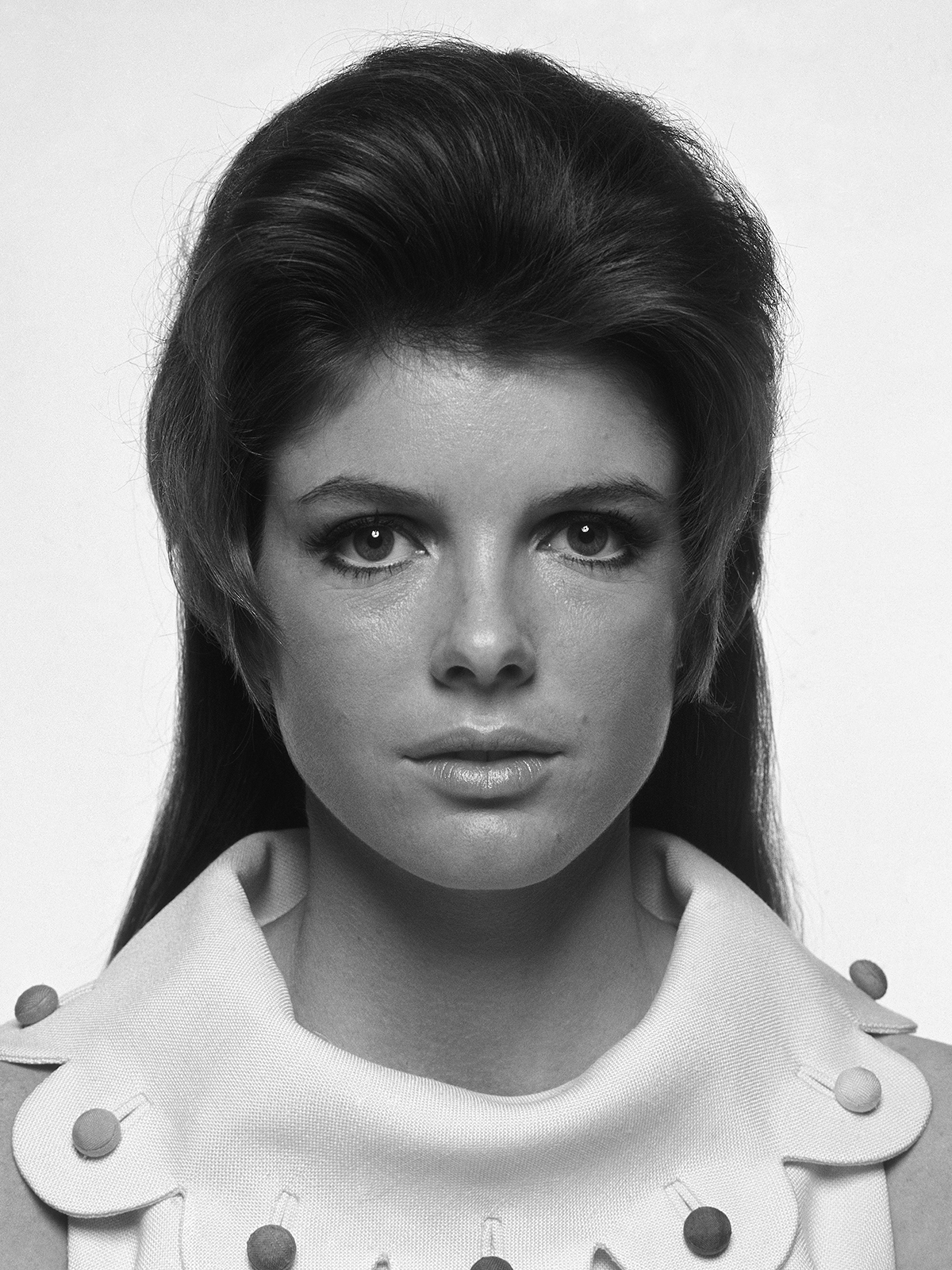
- Golden Globe Awards
Tomorrow’s Stars Yesterday: Katharine Ross, 1968
Between 1948 and 1983 Golden Globes were awarded in a special category of “New Star of the Year” conceived to recognize young actors making a mark in their early roles. In this series, the HFPA’s Phil Berk highlights those that would follow their auspicious starts with distinguished careers.
Katharine Ross and Dustin Hoffman were the new stars of the year in 1968. They were also the lovers in The Graduate, the year’s most popular film. Hoffman went on to forge an illustrious career (and eventually was honored with a Cecil B. deMille Award). Ross on the other hand, although boasting many classic films, never achieved the same superstar status, and in fact, never fulfilled her initial promise. Now in her 90th year, she is happily living with Sam Elliott, whom she married after her marriage to famed cinematographer Conrad Hall ended.
Even though movie fans assume her Golden Globe New Star of the Year award for The Graduate was her first film role, it was far from it. For five years she struggled for recognition appearing in innumerable tv series, having been signed to a seven-year contract by Universal, after having been dropped by MGM. But before that she had appeared on stage, initially joining the San Francisco’s Actors Workshop where she was chosen by John Houseman to play Cordelia in Shakespeare’s King Lear.
Her first important film role, playing the daughter-in-law of James Stewart in ShenandoahMGM on the other hand borrowed her for supporting roles in Debbie Reynolds’Singing Nun and James Garner’s Mister BuddingSimone Signoret’s Games that did the trick. The great French actress, duly impressed, recommended her to Mike Nichols and that’s how she got The Graduate.
Her impact on screen was so palpable overnight she became the most in-demand newcomer in Hollywood, overlooking that she had been there all along. Universal, capitalizing on her success, immediately cast her opposite John Wayne in Hellfighters (she shared top billing with him) but it was her role opposite Paul Newman and Robert Redford in Butch Cassidy and the Sundance KidRedford used her again in Abraham Polonsky’s Tell Them Willie Boy Is Here but playing a native American with blue eyes was not ideal casting, even though her husband Conrad Hall was the cinematographer. They had met earlier while filming Butch Cassidy and married soon after. Surprisingly after those two movies, they never worked together again even though they remained married for seven years.
After that, for no logical reason, her career declined. Was it perhaps because she was content to sit on the sidelines while her husband worked on classic movies? Or was she disillusioned by an industry that failed to recognize her value for six years and then wasn’t able to find her roles that did her justice? True, she was special in Tom Fries’ underrated Fools, but she was wasted in Brian de Palma’s misbegotten Get to Know Your Rabbit, and barely noticeable in They Only Kill Their Masters, again with Garner; none of them helped her cause.
After a brief detour to Europe where she worked with Yves Montand on Chance and Violin, which didn’t even get a U.S. release, she was hired by Bryan Forbes to star in The Stepford Wives. Based on Ira Levin’s bestseller, it should have revived her career; after all, it was a box office hit, she was the only recognizable name in the cast, and most significantly its controversial premise added a new idiom to the English language. But sad to say she remained sidelined, resorting to appearing in a pallid Butch Cassidy sequel, Wanted: The Sundance Woman, for TV.
Things picked up the following year when she was cast in Stuart Rosenberg’s Voyage of the Damned, joining an ensemble that included Faye Dunaway, Oskar Werner, Orson Welles, Max von Sydow, Jonathan Pryce, Malcolm McDowell, Lee Grant, and James Mason. Justice prevailed when she was the only one singled out by the Hollywood Foreign Press for a nomination, resulting in her second Golden Globe, this time as Best Supporting Actress.
That award temporarily revived her career, and she was given the female lead opposite Laurence Olivier in the monumentally bad The Betsy, and a co-starring role with Michael Caine in Irwin Allen’s execrable The Swarm.
After that, sadly, there was no second act. She appeared with future husband Sam Elliott in Richard Marquand’s The Legacy, and shortly after having become pregnant for the first time. she had her first child, a daughter, at 44. She provided window dressing for Kirk Douglas in The Final Countdown and Sean Connery in Wrong Is Right. Both were decent genre movies.
In the new millennium, she has appeared in a number of TV movies; she was part of The Colbys for three years on television, and her last notable film was twenty years ago when she had a small role in the cult classic Donnie Darko.
Through it all Katharine Ross has always been a classy lady. Her classic movies: The Graduate and Butch Cassidy and the Sundance Kid.